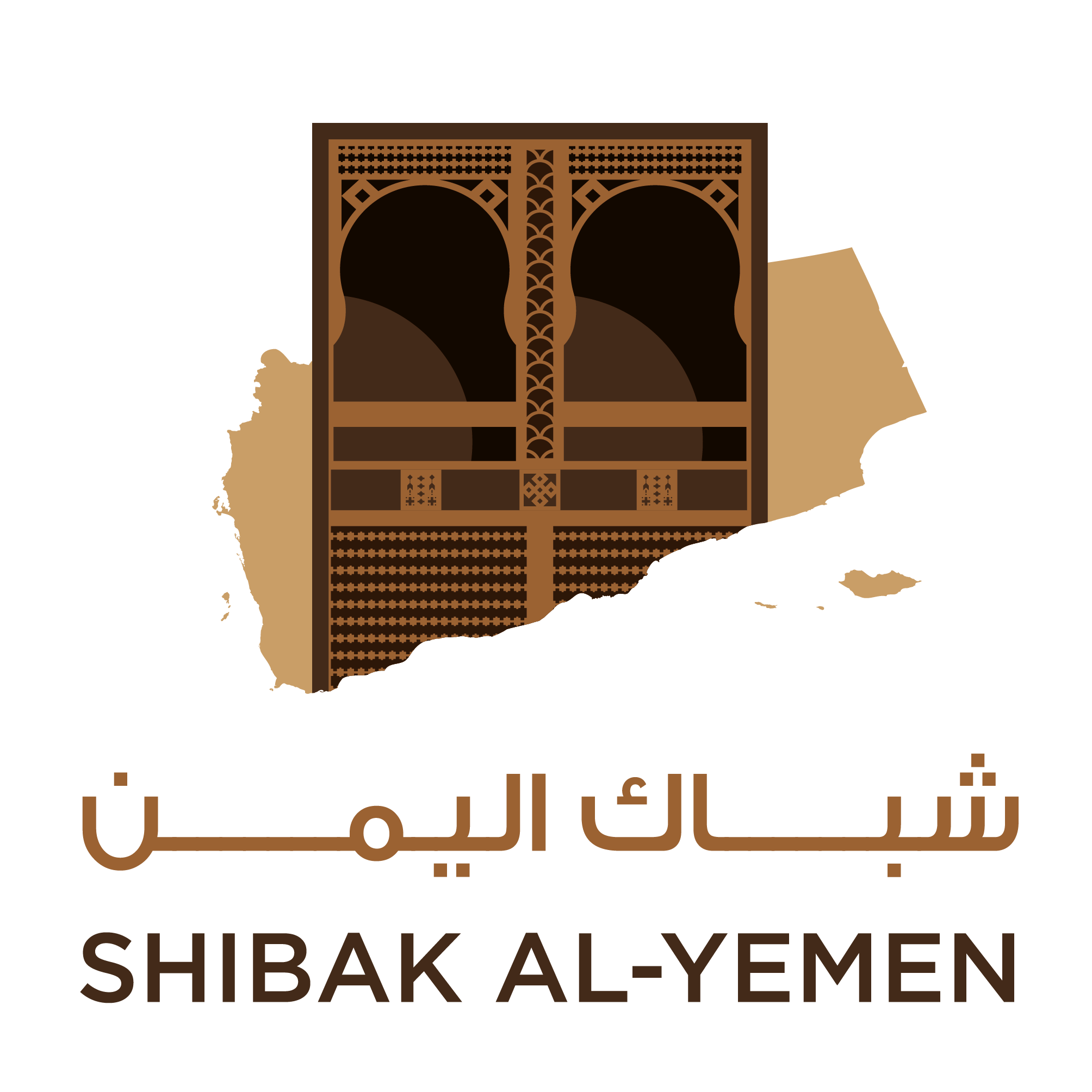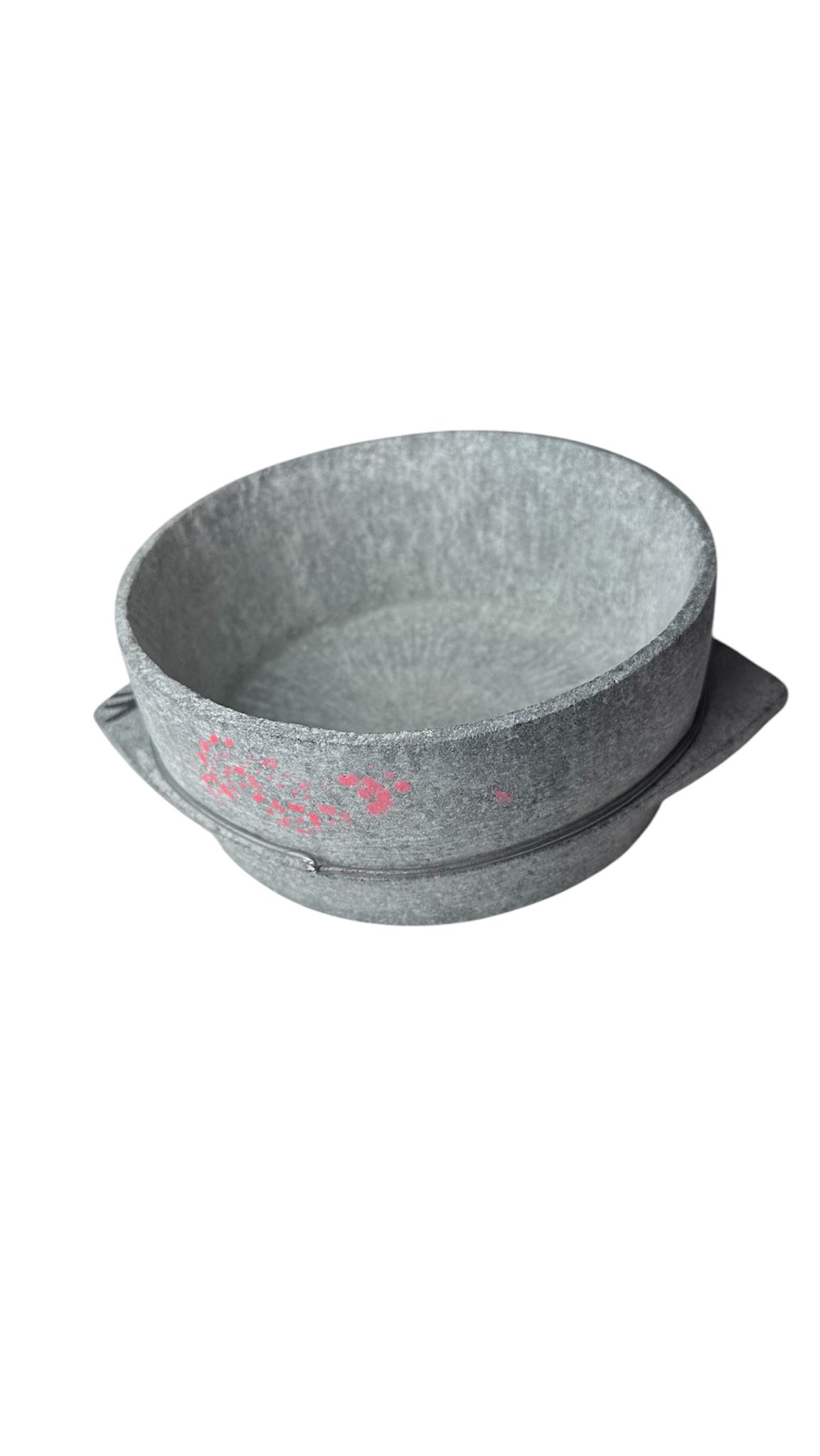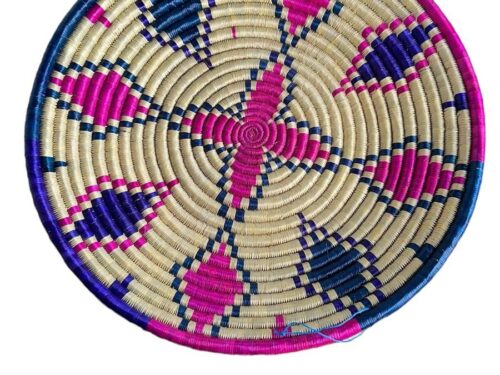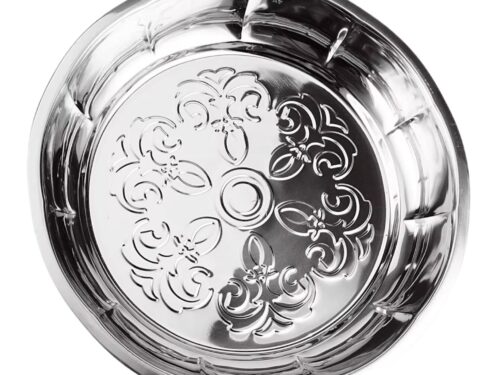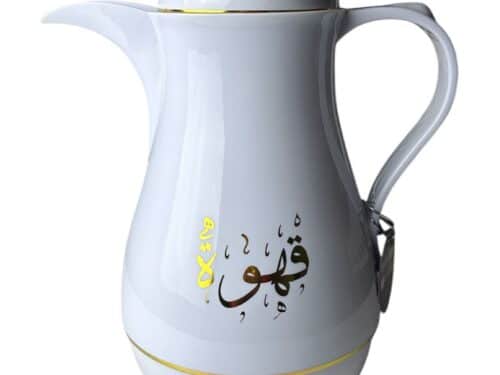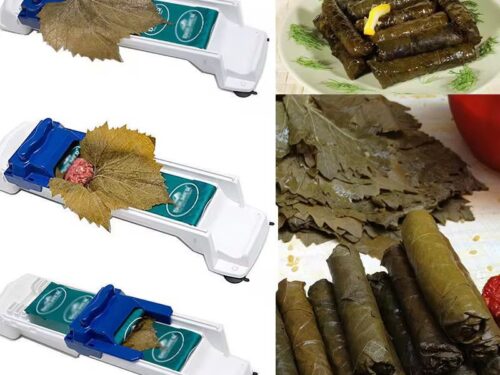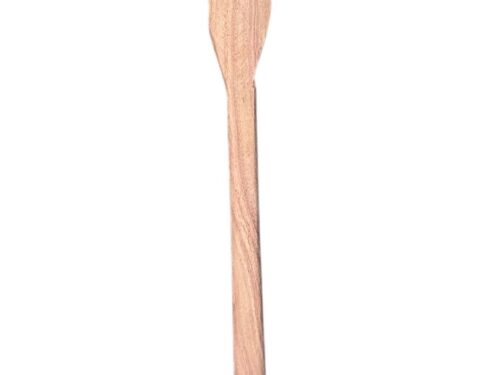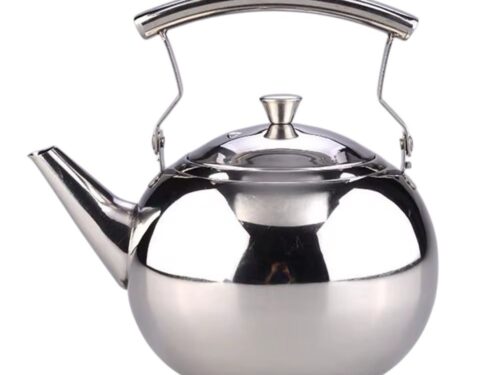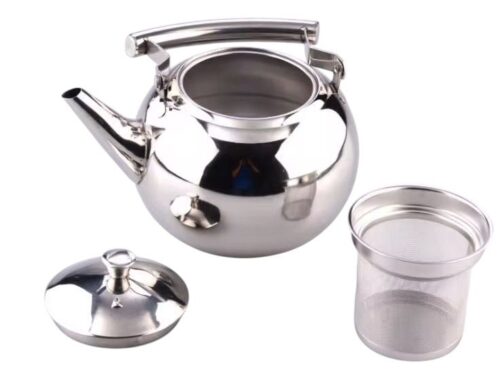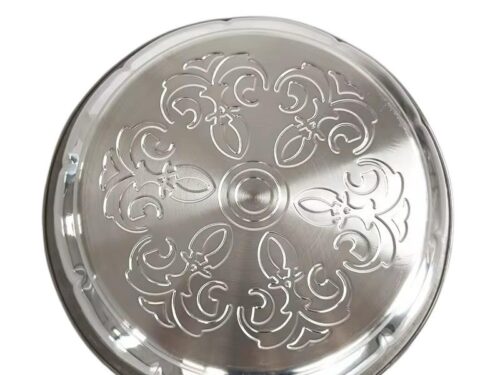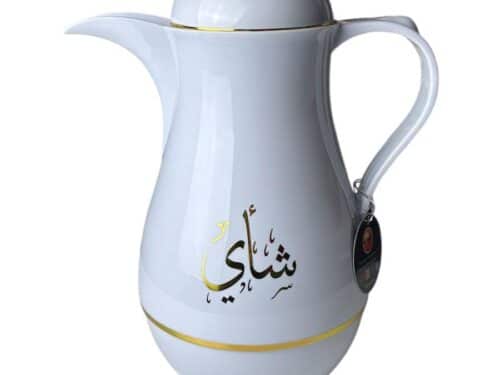A Yemeni stone pan, known locally as a “Maqla”, is a traditional cooking tool made from natural stone, typically sourced from the mountainous regions of Yemen. These stone pans have been used for centuries to prepare a variety of dishes, including bread, stews, and meat, making them an integral part of Yemeni culinary culture.
The stone material used for crafting these pans is durable, heat-retentive, and has a natural non-stick quality, which makes it ideal for slow-cooking food. The pans are often hand-carved and polished by local artisans, resulting in unique and beautiful cooking tools that are both functional and aesthetically pleasing.
Key characteristics of a Yemeni stone pan include:
- Thickness and weight: The pan is usually thick and heavy, allowing it to distribute heat evenly. This feature is especially important for making flatbreads like “Malkhi” or “Tawajin” that require a consistent, controlled cooking temperature.
- Shape and size: The pans come in various sizes, but they typically have a wide, shallow shape, allowing for efficient cooking of a variety of dishes. The edges may be slightly raised to prevent food from spilling over.
- Durability: Stone pans are long-lasting and can withstand high cooking temperatures, which makes them a prized possession in Yemeni households. They improve with use, as the stone absorbs flavors over time, contributing to the richness of the food cooked in them.
- Cooking style: Cooking with a Yemeni stone pan involves slow-cooking, which helps preserve the natural flavors of the ingredients. The stone retains heat and ensures that food is cooked evenly, often resulting in more tender and flavorful dishes.
In Yemen, the Maqla is not just a cooking tool but also a part of the cultural identity, reflecting the country’s deep connection with traditional methods of food preparation. The stone pan is passed down from generation to generation, symbolizing a link between the past and the present. It remains a staple in many Yemeni homes, especially for preparing traditional meals like “Bint Al-Sahn” (a type of honey cake) and “Fahsa” (a meat stew), making it a beloved and essential item in Yemeni kitchens.
